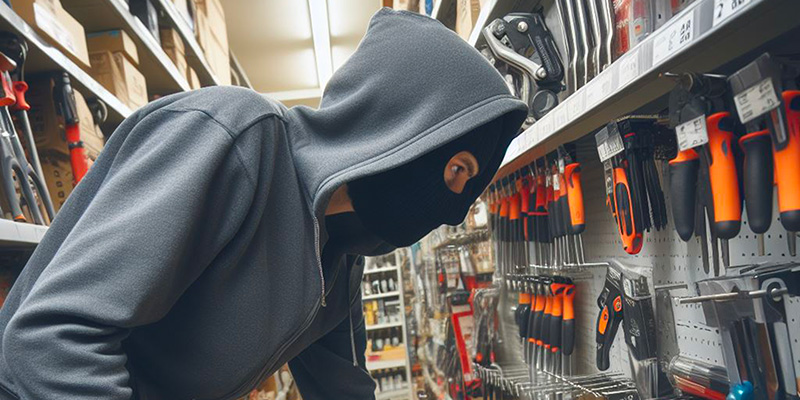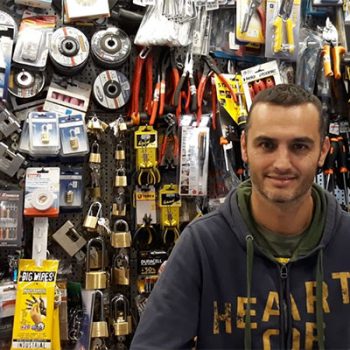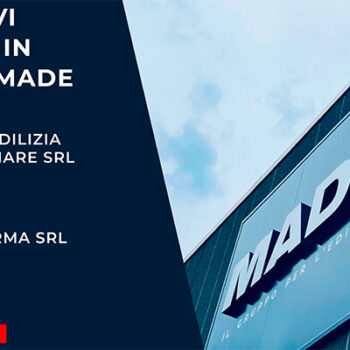DIY retailers, the “burden” of bureaucracy and the problem of theft

Among the difficulties complained about by Diy retailers in the daily conduct of business, difficulties arising from bureaucracy and the age-old issue of theft are a constant leitmotif.
We continue our investigation of the obstacles facing GDS Brico&Garden after the first article devoted to personnel, published on February 19, 2024.
We deal with the difficulties created by bureaucracy for store openings and/or changes.
The surveyed signs agree on the elephantine weight of the regulatory part required for all the paperwork and approvals. In general, the weight of bureaucracy bogs down our country’s system.
Regulations for opening stores over the years have become more and more stringent, and the responsiveness of municipalities and regions in issuing the necessary permits is less and less fast.
There are no national “rules.” Each municipality (there are almost 8,000 in Italy) has its own regulations and “requirements,” which complicates the work and the regulations are difficult to interpret.
Today, it takes an average of 5 years from site identification for a new medium to large store to open. This aspect, in a world where commerce changes rapidly, also causes problems with the timeliness of the business model studied in the opening and over the years, perhaps changed.
Opening requires documentary and authorization preparation that commits considerable economic and human resources , and often only after the openings themselves are further adjustments notified, which are necessary to be fully compliant.
In expansions, bureaucracy also affects, but in general if there is urban planning possibility usually within a year you can get the permits. However, expansion of existing stores is often impossible due to lack of remaining urban spaces.
The lack of evaluative uniformity and a clear regulatory framework is a priority that institutions must really pursue because all governments have always focused on streamlining bureaucracy, which in reality has never been accomplished!
Even for existing activities, fulfillment and monitoring are pressing, especially absorbing economic resources distracted from the company’s core business. Regulatory changes are continuous, making it difficult for pdvs to comply in the prescribed manner and time, exposing the company to penalty risks. These phenomena are a major limitation for those who want to invest in new facilities.
Let’s talk about shoplifting.
An endemic phenomenon even if more sensitive after Covid and with a deepening economic and social crisis. The “single” theft was compounded by organized theft by those who then resell the products probably at flea markets.
It is increasingly difficult to deal with the problem, because thieves know how to evade anti-theft devices, which are the classic method of prevention, as well as false anti-theft barriers, a state-of-the-art video surveillance system, and deterrent signs, which inform about the anti-theft systems in the pdv.
One system adopted in smaller cities is the reporting of all incidents, passing the information to the local press to deter other hypothetical thieves.
In the store, an in-house awareness vademecum is used for employees, who are the first “eyes of the master.” Also important is staff training on how to behave during shoplifting-related events. Absolutely essential to avoid legal problems and avert violent acts.
The incidence of theft is highly variable and it is difficult to estimate accurately by resorting to inventory differences.
Information gathered speaks of an average of under 2 percent of turnover.
We thank the following for their cooperation
- Brico io
- Bricolife
- Brico Evolution
- FDT Group
- Leroy Merlin







Facci sapere cosa ne pensi